We identify the needs of our customers, design relevant processes, conceive and optimize digital products and services, implement software and sustainably enable our customers in these activities.
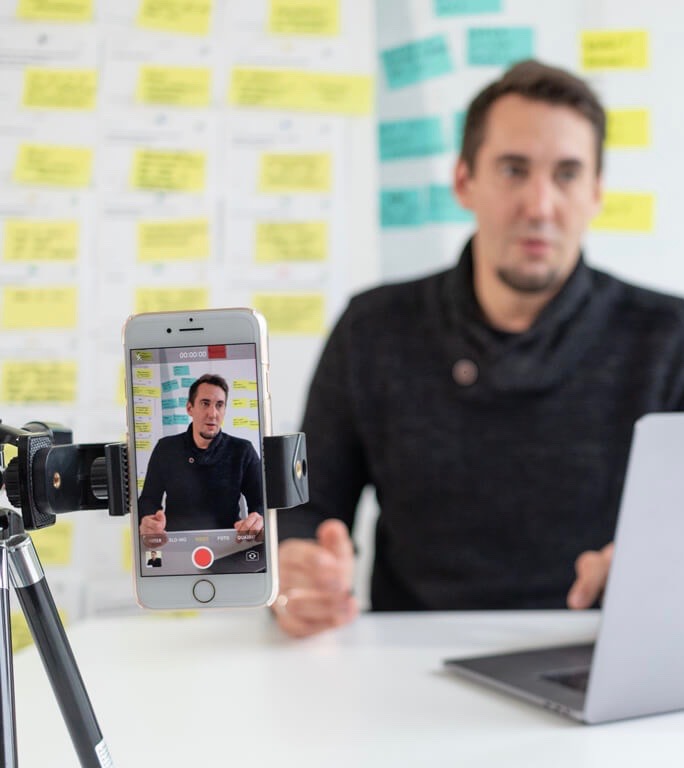
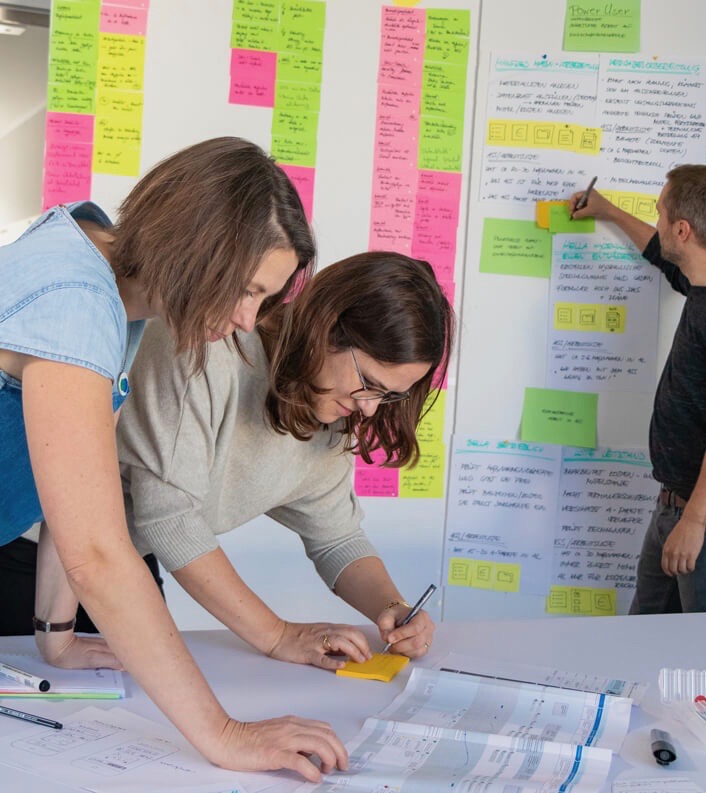
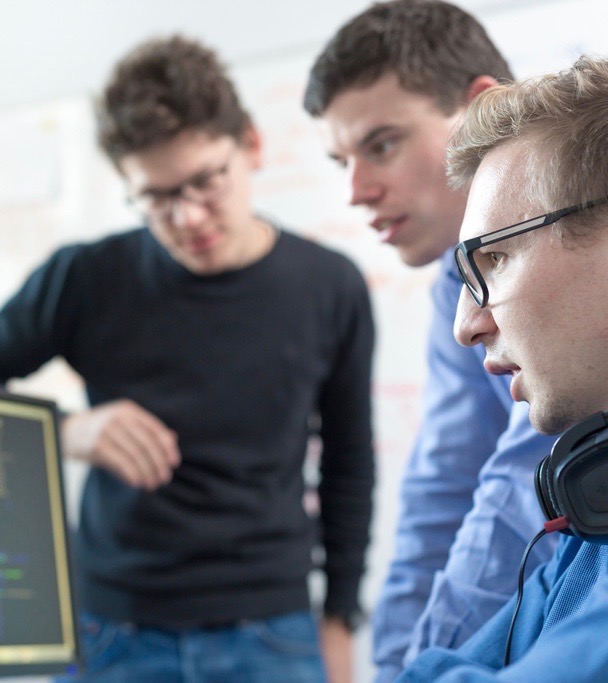


services and methods
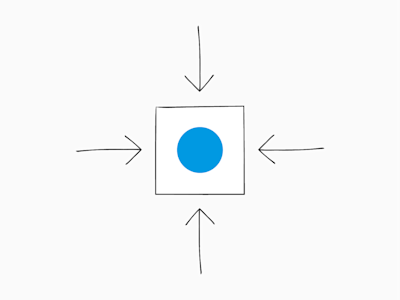
Adjective Association
This method involves gathering associations with images or terms to generate valuable feedback and innovative ideas.
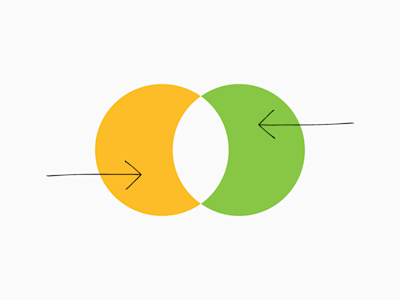
Analogy Study
Analogies from other contexts improve the user-friendliness and understanding of digital products by simplifying complex concepts.
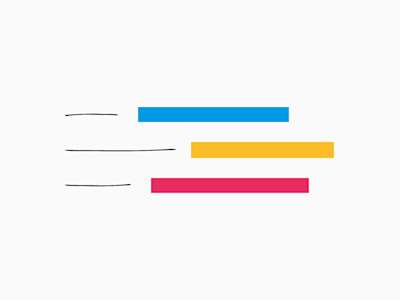
User Story
User stories describe functionalities and requirements for a system desired by users in the context of their actual application.
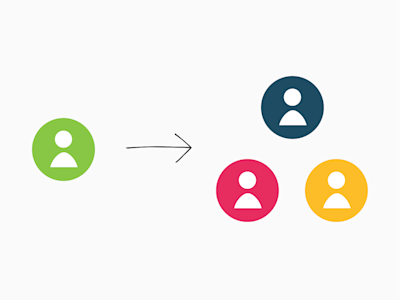
Blended Projects
The experts at D-LABS are experienced in supporting existing product teams in the successful implementation of Design Thinking methods.
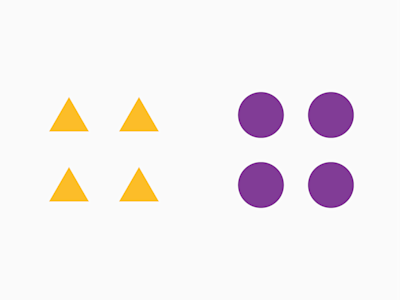
Card Sorting
Card Sorting allows users to sort and prioritize information into thematic groups.
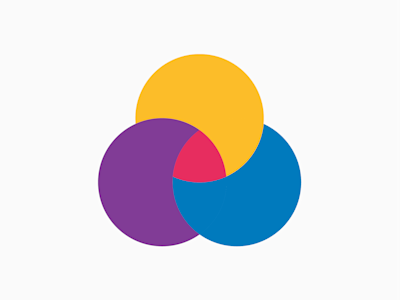
Brand Experience Design
Brand Experience Design is the strategic creation of immersive interactions between a brand and its customers across various touchpoints to establish a unified and emotional brand experience.
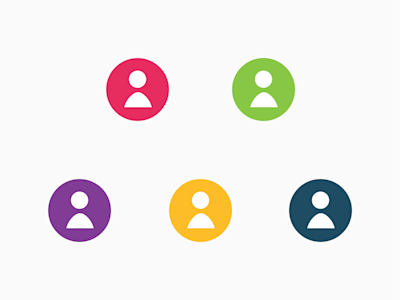
Co-Creation
During Co-Creation, stakeholders and users work on issues relevant to the product and develop solutions and ideas together.
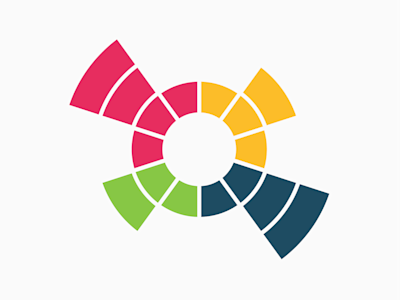
Strategic Product Development
The development of a product strategy for new and existing products is essential to define a clear objective and thus successfully implement ideas.
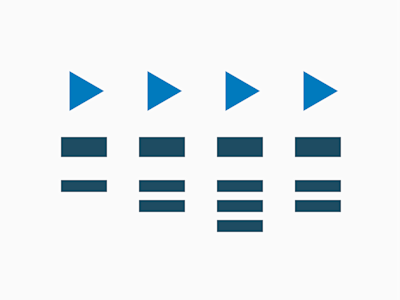
Customer Journey Maps
A Customer Journey Map shows the process of interaction between user, company and/or product and promotes user-centered development.
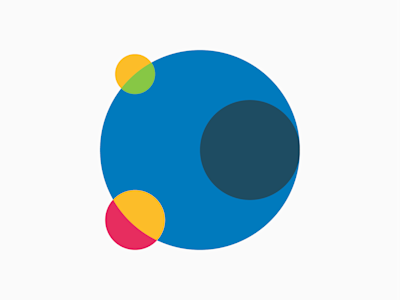
Customer Experience Design
Customer Experience Design creates and optimizes the entire customer journey to foster positive and seamless interactions with a brand or company.
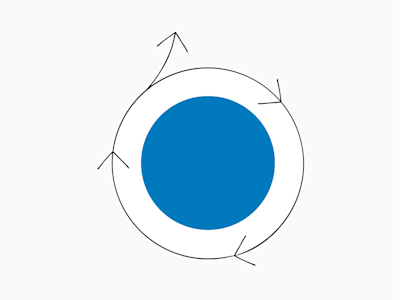
Evolutionary Prototyping
Evolutionary Prototyping refers to an approach in product development in which prototypes are developed iteratively and incrementally, with each prototype building on the previous one.
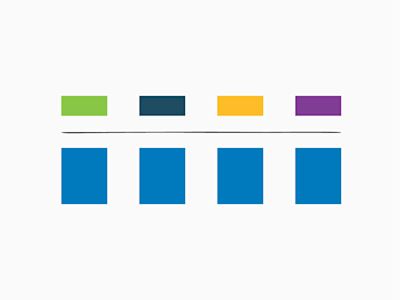
Feasibility Check
A Feasibility Check determines at an early stage whether concepts and ideas can be implemented at an appropriate price point, and if they make the best use of the chosen technology.
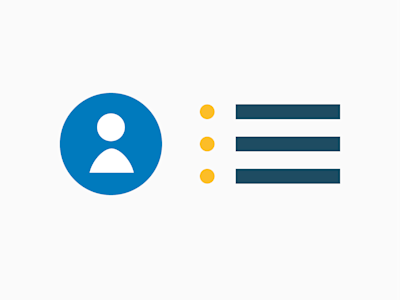
Expert Review
The expert review is a method to evaluate the usability of digital applications in accordance with current standards.
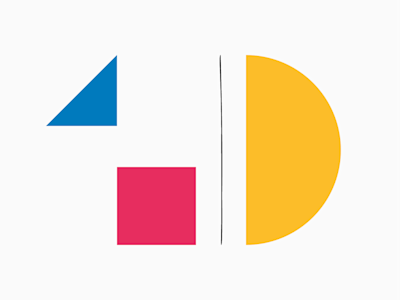
Experience Prototyping
Experience Prototyping considers the entire user experience, including how users interact with a product and which emotions are evoked.
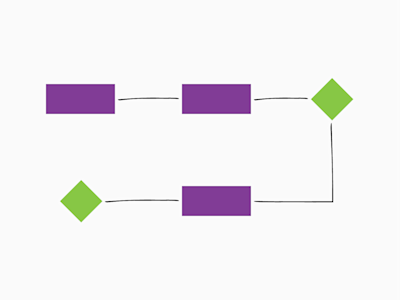
Flow Model
Flow models visualize the information flows between individuals, departments and facilities that are necessary for the implementation of work tasks.
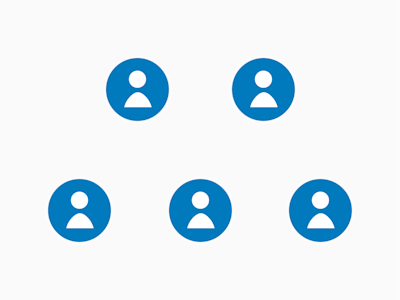
Focus Group Discussion
Focus Group Discussions capture diverse opinions on a topic by interviewing a group and provide nuanced insights into the needs and experiences of users.
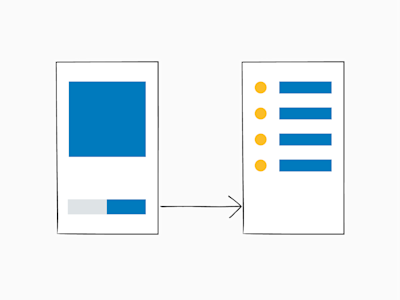
Functional Prototype
A functional prototype simulates features or individual core functionalities in order to e.g. better evaluate their user-friendliness and technical feasibility.
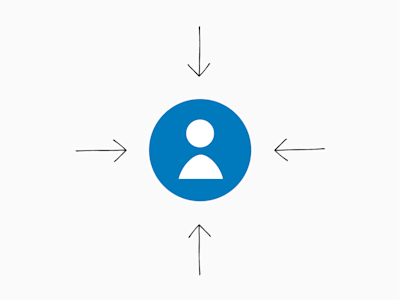
Human Centered Design
Human Centered Design, also known as User Centered Design, is an approach to understanding the needs, contexts, constraints, and behaviors of users.
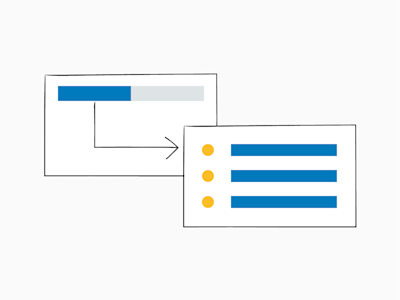
High-Fidelity Prototyping
A high-fidelity prototype is a detailed, interactive rendering of a product that realistically simulates the final design and user experience.
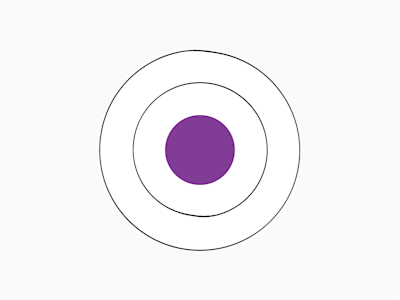
Discovery Workshop
A Discovery Workshop (AKA: Kick-Off Workshop) covers a comprehensive analysis of the requirements of all stakeholders, which then form the basis for successful product development.
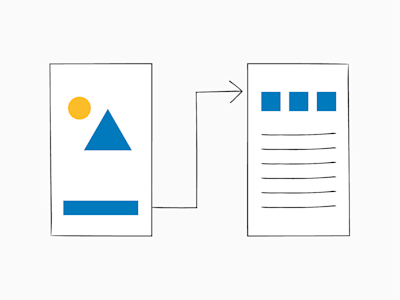
Click Dummy
A Click Dummy (AKA: Interactive Prototype) is a partially interactive prototype of a website or application. Taken literally, it is a clickable placeholder and represents the product to be developed.
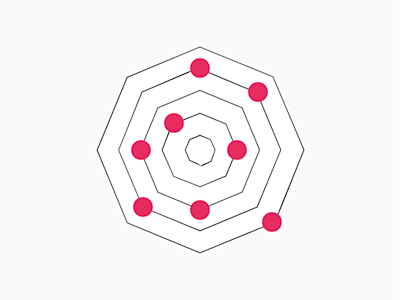
Competition Analysis
The competition analysis provides an overview of the market and the market situation, and indicates trends.
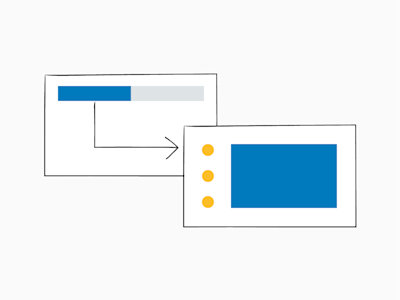
Medium Fidelity Prototyping
A medium fidelity prototype is a prototype with limited functionality but clickable areas which presents the interactions and navigation possibilities of an application.
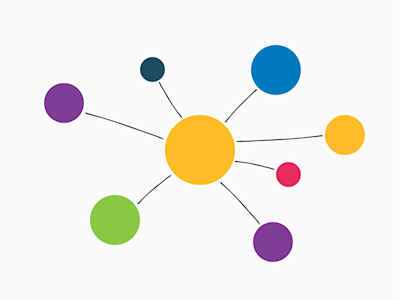
Creative Session
The aim of a Creative Session is to generate as many ideas and solutions to a specific problem as possible.
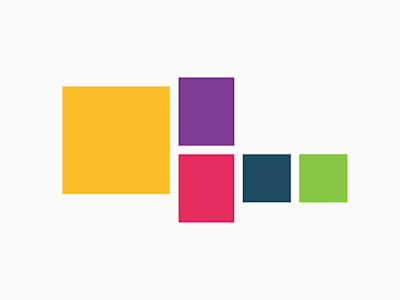
Mood Board
Mood Boards help in gathering and further developing early ideas on the identity and personality of a product or brand.
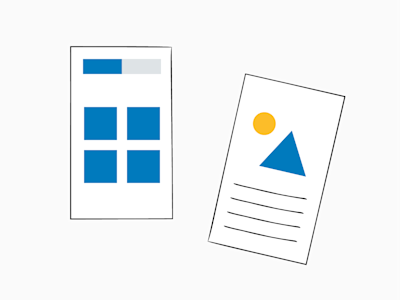
Paper Prototyping
Paper Prototyping is a quick and easy option to test and adapt an early prototype and gather initial feedback on the application.
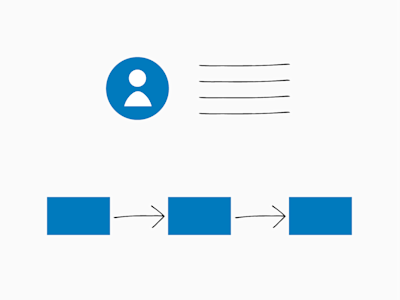
Persona Power Workshop
A Persona Power Workshop covers the creation and use of personas and use cases and their relevance in everyday working life.
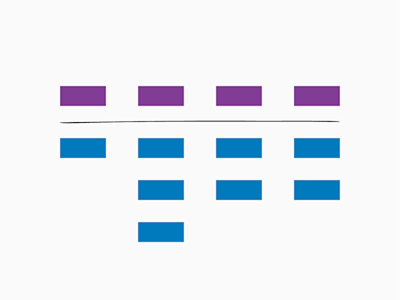
Process Design
Process Design is a method to visualize workflows and processes of use based on insights gained from user interactions.
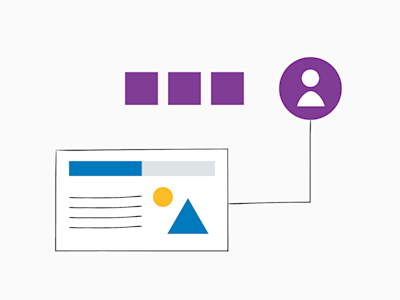
Usability Test
Usability Tests are validations of prototypes in which the users themselves directly interact with the product.
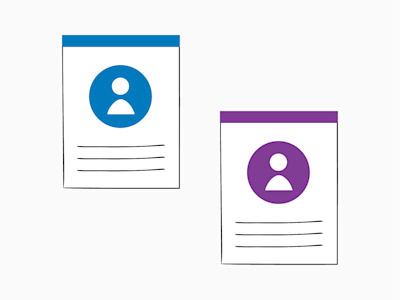
Personas
A persona is a vivid characterization of a target user group. It visualizes their needs expectations and mode of behavior. They are based on real user experiences.
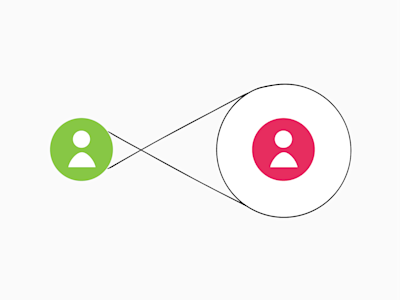
Qualitative Interviews
Qualitative interviews are applied to analyze user needs and requirements, to de-scribe processes and evaluate opinions and preferences of users.
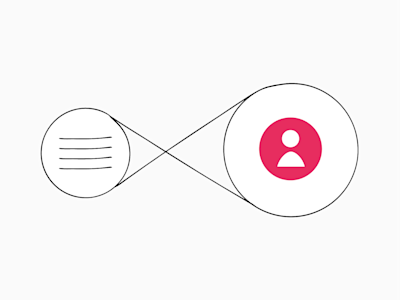
Quantitative Surveys
If user needs and requirements are already known quantitative surveys allow the description of their characteristic in numbers.
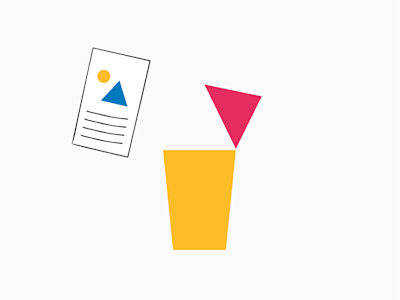
Throwaway Prototyping
The idea behind Throwaway Prototyping is to create prototypes quickly and cost-effectively and to “throw away” ideas. An alternate name is Revolutionary Prototyping.
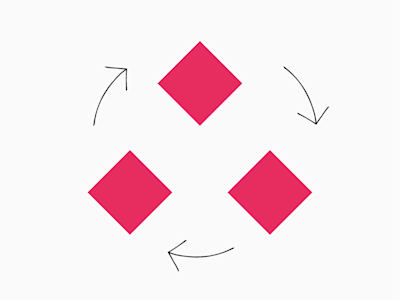
Rapid Prototyping
Rapid Prototyping is an approach in product development in which prototypes of a product are quickly and efficiently created to review design concepts, test functionalities, and gather feedback.
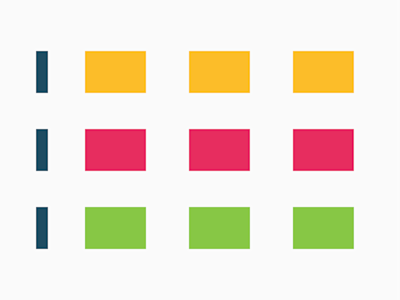
Service Blueprint
A service blueprint is a holistic overview of the user’s interaction process with a product or service.
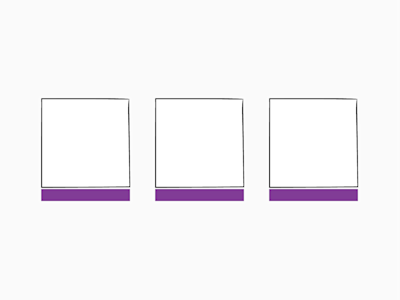
Storyboard
A Storyboard visualizes how users effectively utilize a product.
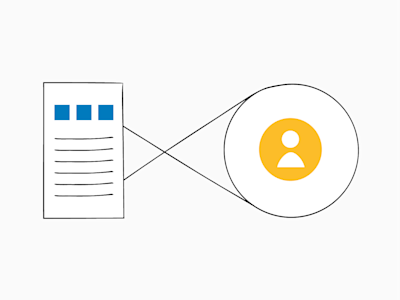
Shadowing
Shadowing is an observation technique at which single participants of the target group are accompanied and observed over a longer period in order to record requirements, needs and processes in the real context.
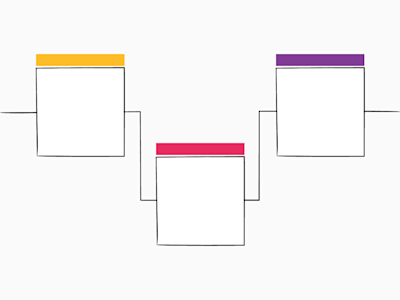
Storytelling
Storytelling documents all findings from interviews for the rest of the team. Clusters are formed and data structured in a collaborative approach.
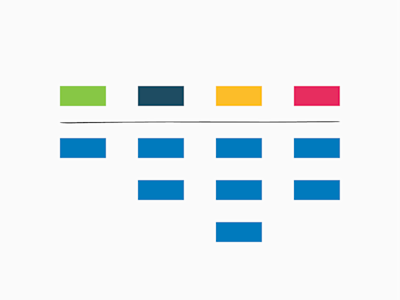
SWOT Analysis
A SWOT analysis is used to identify and evaluate the strengths, weaknesses, opportunities and threats of a company or project.
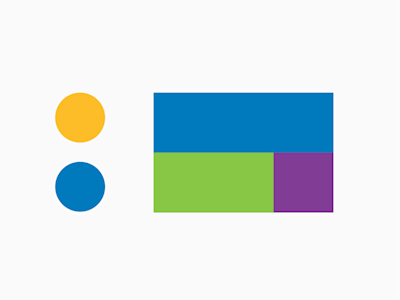
Style Guide
A style guide defines a uniform appearance for all visual elements to secure a consistent presentation within an application.
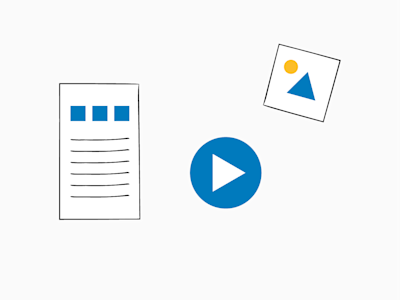
Diary Study
A Diary Study captures authentic user experiences over a period of time for continuous insights during the development of user-centered solutions.

Use Cases
Use Cases describe a future application from the user’s perspective and thus ensure the finished product meets all requirements.
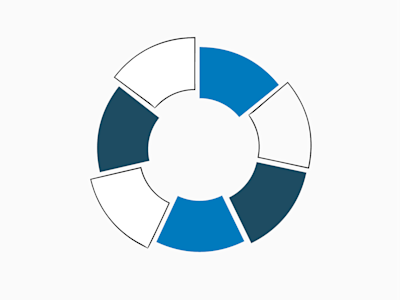
User Experience Design
The User Experience (UX) refers to all phases of use including the purchase and installation of the product, its efficiency and effectiveness, and the emotions and reactions that have an impact on the user as a result of using a system.
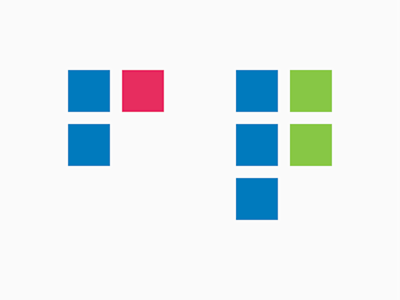
User Research Workshop
As one of the most important methods of the requirements analysis this workshop presents qualitative guided interviews and their specific application.

Video Prototyping
A video prototype conveys information in a very condensed way. It can inform about the application and utilization of a service or a product and at the same time trigger emotions and essential feedback.
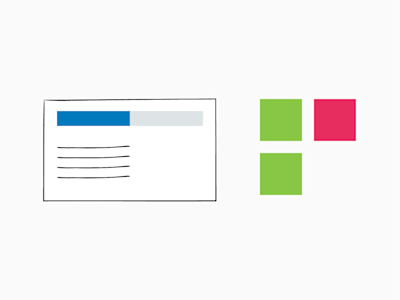
Validation
Validations test concepts, designs and prototypes with users during their development.
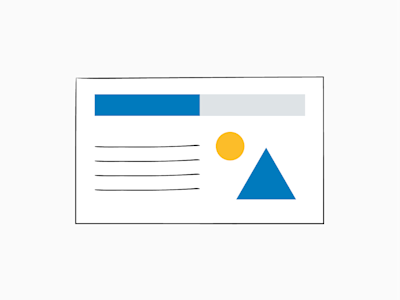
Wireframes
Wireframes (AKA: Low Fidelity Prototypes) visualize a concept in the early phase of development. It enables the validation of the information architecture and the workflow of the system to be developed.
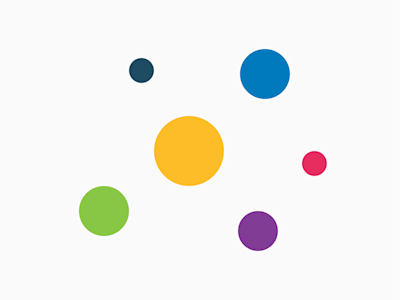
Target Group Analysis
A Target Group Analysis examines which demographics use a product or service, or would use it in the future.
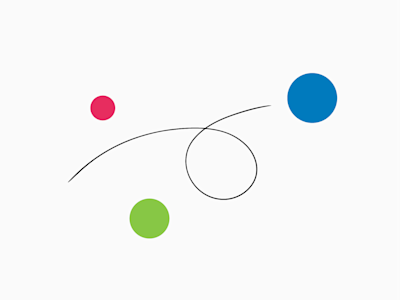
Agile Coaching
Agile Coaching is used to support teams and organizations in the introduction and implementation of Agile methods and principles (e.g. Scrum or SAFe).
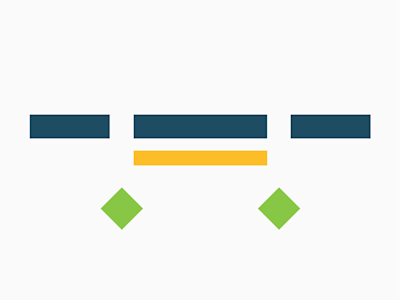
Software Implementation
To successfully introduce new business software, it’s necessary to establish acceptance among users and employees. A well thought-out implementation and communication strategy is essential.
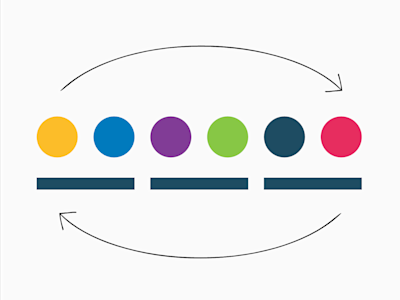
Design Thinking
Design thinking is a user-centered method and holistic mindset for innovation that aims to develop creative and workable solutions to complex problems.
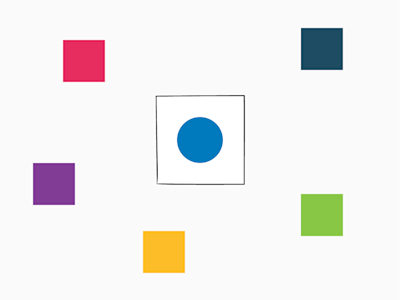
Hero Method
The hero method is an idea generation technique in which you imagine how another person would solve the problem.
